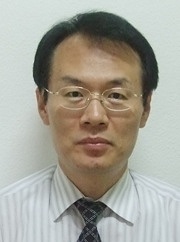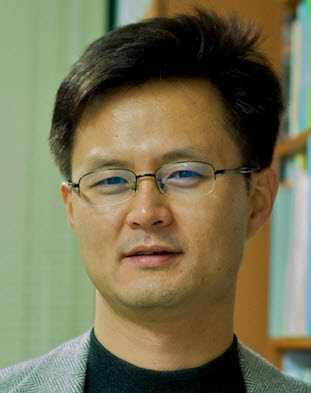Lee, Sang-Yi Professor

| Career and thesis | |
|---|---|
| Education | M.D.
Ph.D. in Medicine(Preventive Medicine) MPH in Health policy |
| Major career | Member in Board of directors, The Korean Society of Health Policy and Administration
Member in Board of directors, The Korean Society for Preventive Medicine Member in Board of directors, Member of Editorial Board, The Korean Society for Health Sociology Co-chairman, (Corporation Aggregate)The Welfare State Society (Former) President of Research Institute for National Health Insurance, NHIC (Former) Member, National Committee for Cancer Prevention and Management, National Cancer Center |
| main paper | 1. Chul-Woung Kim, Sang-Yi Lee(Corresponding Author), Seong-Chul Hong. Equity in utilization of cancer inpatient services by income classes. Health Policy, 72(2), 187-200, 2005 May.
2. Sun Ha Jee, Jae Woong Sul, Jungyong Park, Sang-Yi Lee, Heechoul Ohrr, Eliseo Guallar, Jonathan M Samet. Body mass index and mortality in Korean men and women. New England Journal of Medicine, 355(8), 779-87, 2006 Aug. 3. Im Ok Kang, Sang-Yi Lee(Corresponding Author), Su Young Kim, Chong-Yeun Park. An estimation of the economic cost of dementia according to the limitation of the activities of daily living in Korea. International Journal of Geriatric Psychiatry, 22(7), 675-681, 2007 Jul. 4. Sun Ha Jee, Ji Wan Park, Sang-Yi Lee(Corresponding Author), Byung-Ho Nam, Hwang Gun Ryu, Su Young Kim, Youn Nam Kim, Ja Kyoung Lee, Sun Mi Choi and Ji Eun Yun. Stroke risk prediction model: A risk profile from the Korean study. Atherosclerosis, 197(1), 318-325, 2008 Mar. 5. Jae-Hyun Park, Youngsoo Shin, Sang-Yi Lee(Corresponding Author) and Sang III Lee. Antihypertensive drug medication adherence and its affecting factors in South Korea. International Journal of Cardiology, 128(3), 392-8, 2008 Aug. 6. Sang-Yi Lee(Corresponding Author), Chang-Bae Chun, Yong-Gab Lee and Nam Kyu Seo. The National Health Insurance system as one type of new typology: The case of South Korea and Taiwan. Health Policy, 85(1), 105-113, 2008 Jan. 7. Chul-Woung Kim, Sang-Yi Lee(Corresponding Author) and Ok-Ryun Moon. Inequalities in cancer incidence and mortality across income groups and policy implications in South Korea. Public Health, 122(3), 229-236, 2008 Mar. 8. Sang-Yi Lee(Corresponding Author), Nam Kyu Suh, Jung-Kook Song. Determinants of public satisfaction with the National Health Insurance in South Korea. The International Journal of Health Planning and Management, 24, 131-146, 2009 June. 9. Kim, M.-D. Hong, S.-C. Lee, C.-I. Kim, S.-Y. Kang, I.-O. Lee, S.-Y.(Corresponding Author) Caregiver Burden among Caregivers of Koreans with Dementia. Gerontology, 55(1), 106-113, 2009 Jan. |

| Career and thesis | |
|---|---|
| Education | - College of Medicine, Korea University (M.D.) |
| Major career | - Internship program, Samsung Medical Center, |
| main paper | - Effects of hospital competition on the average length of stay and cost per inpatient day |












 예비대학생
예비대학생 재학생
재학생 졸업생
졸업생 일반인
일반인 교직원
교직원